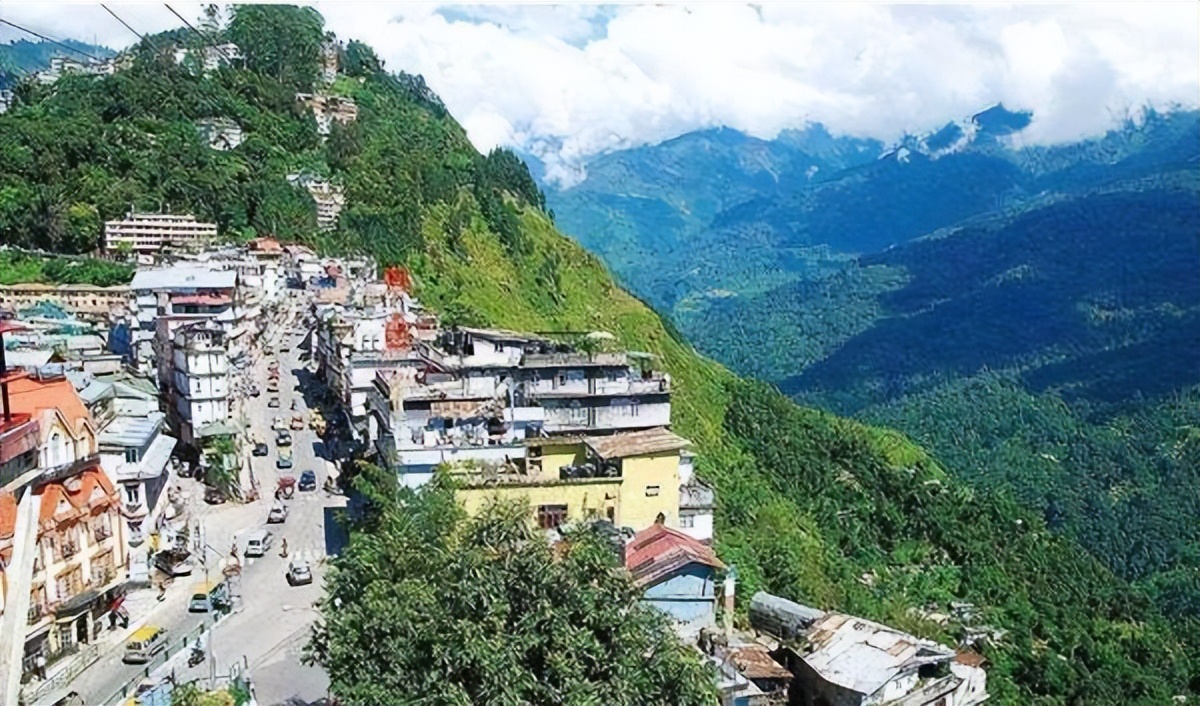After the country is destroyed, the people of the homeland often have the idea of restoring the country, hoping to rebuild the country.
This is also natural, not only in line with the needs of the people, but also emotionally reasonable.
And even in this day and age, there are many similar examples.
Israel, for example, has been working for the restoration of the country.
For example, in Okinawa, Japan, the local people are still working hard to restore the homeland of Ryukyu.
Another example is the Western Saharan Arab Democratic Republic in Northwest Africa, which has been fighting for independence even though its government and citizens have been in exile for decades.
There are still many examples of this.

It can be seen that for an independent nation, the people who have established their own culture and country, the restoration of the country is the thing that can best reflect the spirit of a nation.
But there are exceptions to this kind of thing, such as our South Asian neighbor Sikkim.
Although it was once an independent country, after the destruction of India, there was no revival movement.
In particular, the people of Sikkim are honestly the people of India.
This situation is difficult to understand, don't they miss their homeland?
Or is it not true that the national spirit, as well as the inheritance of culture, the inheritance of the nation, and the responsibility for the ancestors, cannot make them have the idea of restoring the country?
Sikkim was once a vassal state of the mainland in ancient times, subject to the Central Plains Dynasty.
Later, when the British arrived, they annexed Sikkim, and after the end of World War II, Sikkim gained independence.
But Sikkim is too small a country, sandwiched between two great powers, India and China, and its geography is very important.
What's more, Sikkim borders India and is very similar to India, unlike the mainland, where there are huge terrain barriers.
So, for this small country, India directly sent troops to annex Sikkim.
In 1975, India directly sent troops to take control of the Sikkim Palace, deposed the king, and manipulated the Sikkim referendum to turn Sikkim into a state of India.
It can be said that India at that time was very barbaric, and in order to annex Sikkim, it was encroached upon and illegally disposed of for decades.
Sikkim, as a small country, was naturally powerless to oppose India, and other large countries at that time also acquiesced to this in order to accommodate India or avoid conflict with India.
After the annexation of Sikkim, the local resistance was negligible, except for the royal family members who went into exile and continued to resist, and the other ordinary people were like no ones.
Why is that? There are several reasons for this:
First, India's control is too strong
India is often ridiculed by us, but we have to admit that sometimes recklessness is also a kind of bravery.
In dealing with such a thing as territory, India has never been afraid of international criticism and attacks.
On the contrary, in the face of territorial issues, India has always been tough and has never given up easily.
In the process of controlling Sikkim, India sent troops in early on, and later directly and arbitrarily controlled the government agencies in Sikkim.
Now, the government departments and violent institutions in the Sikkim region are completely controlled by indians, and the control of Sikkim is very strong.
Second, Sikkim has a small population
Sikkim is small in size and has a very small population.
Sikkim covers an area of about 0.7 million square kilometers and has a population of more than 600,000, not even more than a county on the mainland.
Understand that resistance requires strength, and population is essential.
A small number of people in Sikkim simply could not organize much resistance.
Moreover, they are facing India, which has billions of people.
Therefore, even if the Sikkim people wanted to resist, they were powerless and simply lay flat.
Third, India takes care of the people of Sikkim
Although it was very barbaric when sikkim was annexed, the Indians were actually very clever.
After taking control of Sikkim, the Indians tried to curry favor with the People of Sikkim and appease the local population.
In many ways, the people of Sikkim were given preferential treatment and a large number of local subsidies were also given.
Therefore, sikkim, with the support of India, the local standard of living is generally much better than in Sikkim.
Ordinary people live a good life, naturally they are not willing to make trouble, who can't live with their own good life?
For the common people, what patriotism and restoration of the country are too far away and hopeless, naturally no one will be keen on independence.
For a neighbor like India, what use is the people of Sikkim other than to compromise?
Is it really hundreds of thousands of people to fight more than a billion people?
Therefore, the restoration of Sikkim is a thing that the people do not have to consider.